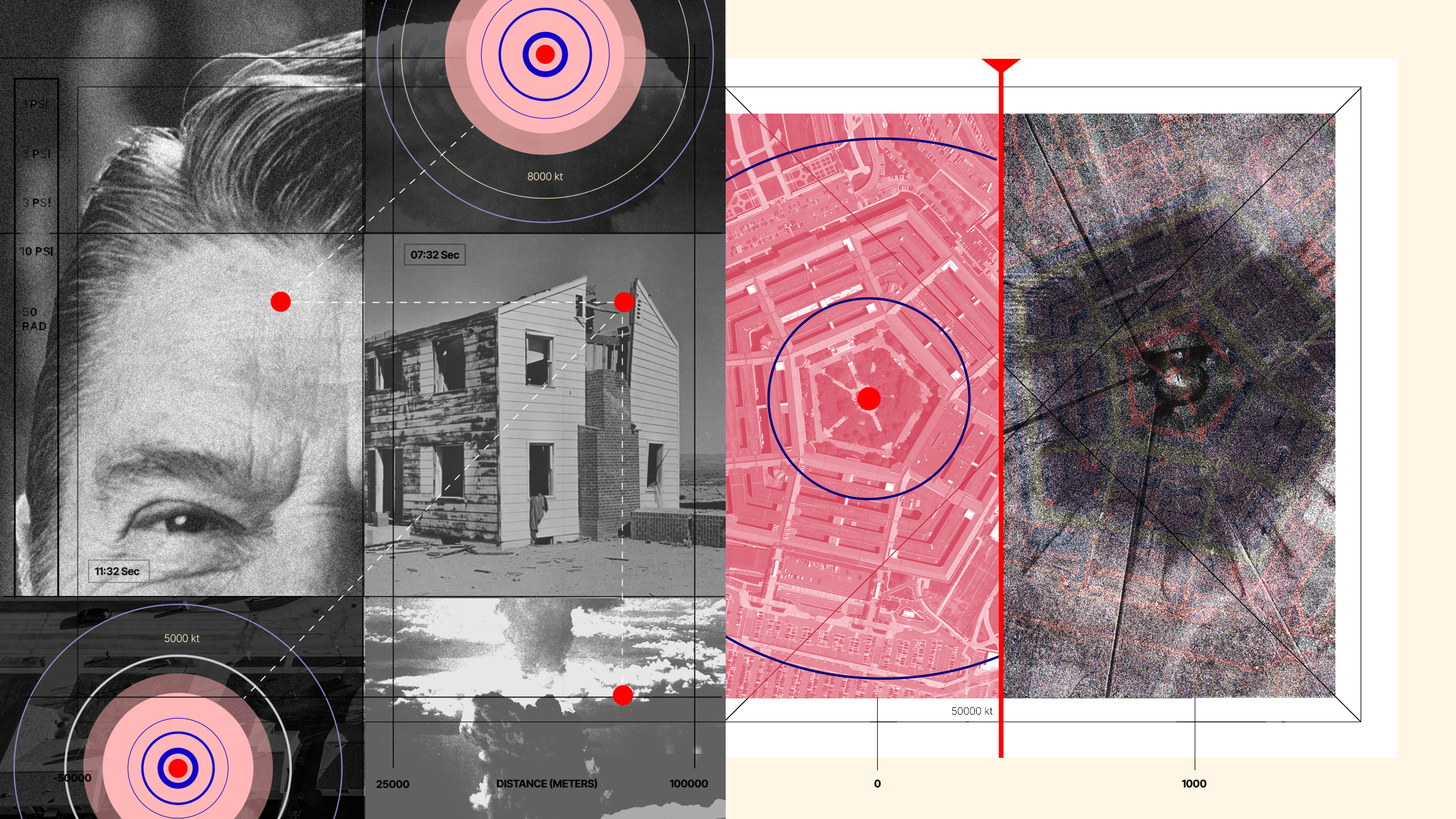The NYTimes, the IPCC, and Perceived Conflict of Interest
In my remarks as part of a panel at Harvard last week, I predicted that a new public accountability narrative about climate scientists had been locked in by the “ClimateGate” controversy and that each successive event such as the dispute over the Himalayan glacier data would be re-interpreted and amplified through this lens.
Partisan segments of the public–whether on the left or the right–pay close attention to accusations of political wrongdoing on the part of officials and scientists are not immune to this interpretation. In fact, public accountability is an enduring theme and focus across science-related policy debates.
But questions of public accountability also attract the attention of mainstream journalists. In fact, it is one of the central themes of political coverage generally and part of how news organizations define their function relative to the government and those in power. Indeed, the few times that climate change appears as front page news–such as accusations, for example, that the Bush administration “muzzled” NASA scientist James Hansen–a public accountability focus has frequently been the lede.
Today’s front page story at the New York Times by Elisabeth Rosenthal which examines allegations of conflict of interest on the part of IPCC chair Rajendra Pachauri is another clear example. Critics on the left are alleging bias in the story, but if there is bias, it is simply journalists’ orientation to pay attention to and report on possible wrong-doing by those in positions of influence and to follow perceived conflict.
Sure enough, journalists can be distracted by this basic reporting instinct. Looking back on coverage of the Clinton administration during the late 1990s, there is a strong argument to make that the leading news outlets spent too much time and attention chasing accusations of wrongdoing by the Clintons and not enough focus on substantive coverage of domestic and foreign policy.
While journalists favor this type of accountability storyline, what might be lost in the debate generated by today’s New York Times story is that the IPCC and other institutions such as universities need to think more carefully about establishing and enforcing clear conflict-of-interest guidelines and communicating effectively about such accusations. Rosenthal, in her story, quotes Roger Pielke Jr’s apt observation:
Dr. Pielke, the University of Colorado professor, said the United Nations panel, which has no explicit conflict policy, should do the same, adding, “You need to make sure that advice is advice and not stealth advocacy.”
UPDATE: At his blog, Pielke points to as an example the conflict of interest guidelines at the National Academies.




